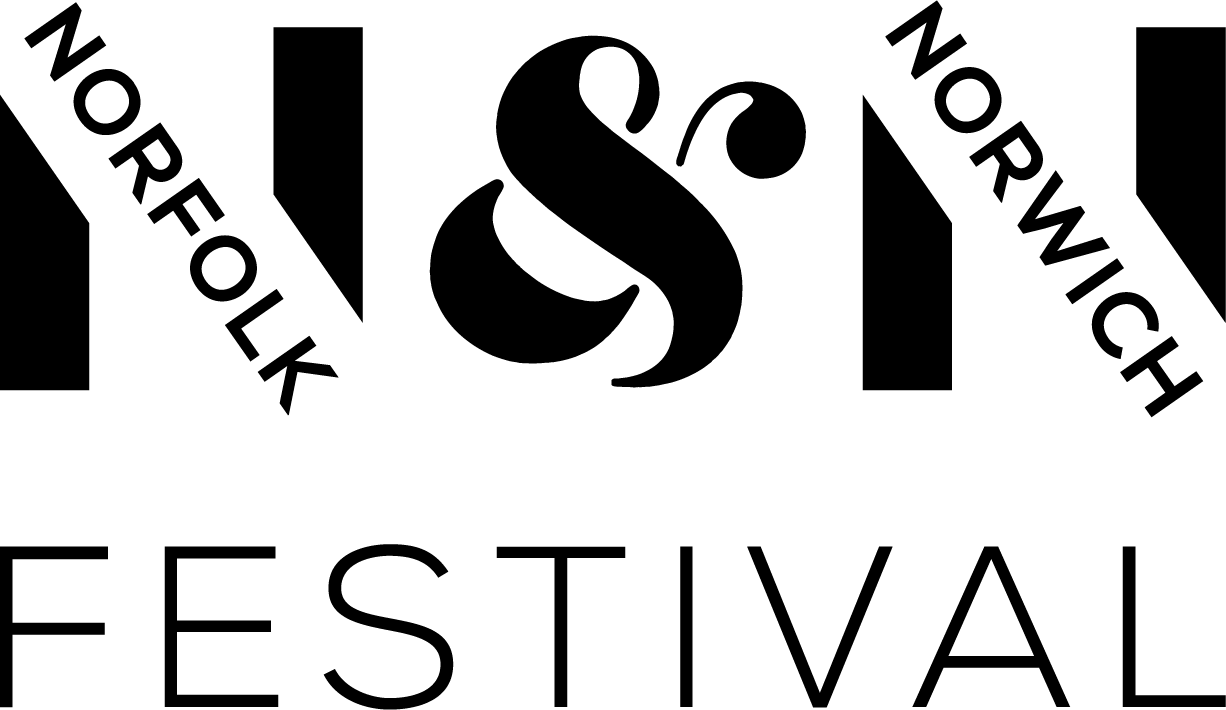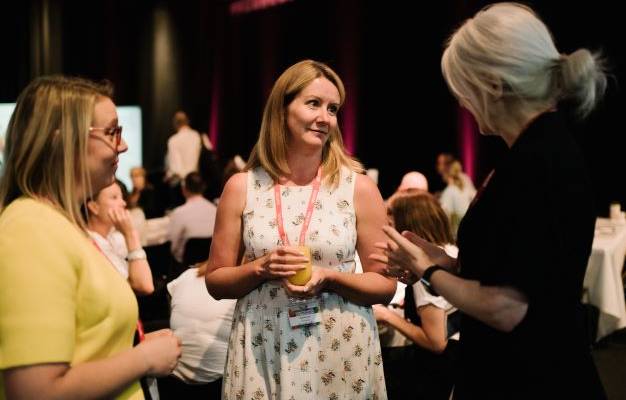Leaders Symposium Blog
Leaders Symposium: Leadership, Equity and Creativity in a post-pandemic world
What was the Leaders Symposium?
At the end of June 75 headteachers and leaders from across the South-East of England, gathered at The Royal Opera House in Covent Garden along with three of the Arts Council’s Bridge Organisations; Artswork, Festival Bridge, Royal Opera House Bridge, partnered with the Cultural Learning Alliance.
Delegates explored how the value and impact of our collective work can be amplified for the benefit of children and young people. The morning focused on exploring ‘how can we, through our leadership, assure equity of access to creative learning?’. The afternoon was a formal consultation with representatives from DfE and DCMS to discuss what should be included in a cultural education plan for England.
How is this relevant to my work with children and young people?
Read the Cultural Learning Alliance’s blog: Leadership, Equity and Creativity Symposium to find out about the key things that were heard and learnt during the day, such as…
‘Creating an arts-rich school which values creativity requires cultural learning leaders who can push back against each of these encroaching barriers to make the space and time for their vision and culture to thrive. Leaders who make small changes to budgets and staffing that can, in turn, lead to significant changes.’ – CLA blog above.
‘Partnerships with cultural organisations, and with other schools were mentioned often as the key ingredient to successful delivery, as was the need for specialist staff in schools. Everyone agreed that striving for equity for all children and young people should be our first, collective priority.’ – CLA blog above.
Reflections from Abi, Festival Bridge Education Programme Manager:
‘The day pinpointed the value of bringing together a variety of school leaders with different experiences, yet similar values and beliefs about the importance of arts, culture and creativity in education. This event taking place days after the National Plan for Music publication demonstrated the power of leaders uniting and was a prime opportunity for leaders to amplify their voices on what is needed from policy makers for the future.
My key takeaways from the provocations include:
Carolyn Roberts, Thomas Tallis School
I really liked the way that Carolyn Roberts from Thomas Tallis school spoke about ‘Cultural Capital’. From my work with education settings I know that the inclusion of this phrase in the judgement of The Quality of Education in the revised ofsted education inspection framework in 2019 has left debate about what this means in practice. The inspectorate defines this with reference to the “Aims” section of the national curriculum, which reads: “It is the essential knowledge that pupils need to be educated citizens, introducing them to the best that has been thought and said and helping to engender an appreciation of human creativity and achievement.” Roberts reflected on this definition by saying our response to this is
the best that has been thought and said … “said by whom, said when and in what context?”
Roberts poses that cultural capital is actually about “children making a relationship with the future and not parroting what has gone before.”. This for me aligns much more closely with being an arts-rich and creative education setting and giving children and young people a voice in the type of provision they expect from their school.
Keisha Thomson, Contact Theatre
Keisha Thomson presented about her experience as a secondary maths teacher visiting Singapore to be an artist (poet) in residence. Her experience challenges the perception that core subjects and art subjects sit separately. I found this enlightening and challenging for the dichotomy between skills and knowledge being taught discretely and a more wholistic cross-curriculur learning approach. The latter is often where I see great creative projects bolster learning.
The Heads Symposium reaffirmed for me that if you have a passion for driving arts and culture but are looking for persuasive arguments that support the evidence of impact, there are a growing number of leaders rising up to champion and lobby in this corner. If you are considering a whole school approach to arts and culture then I welcome you to ask me more about the Arts Council’s Artsmark Award, which is currently celebrating it’s 20th year.
The credit for the images used in this blog is ©2022 ROH. Photographed by Veronika Ward.

